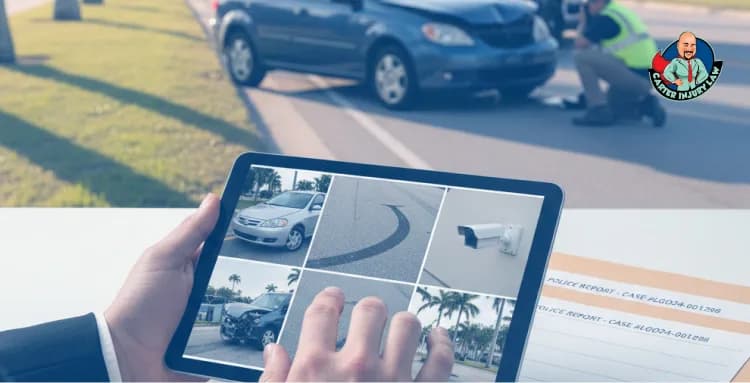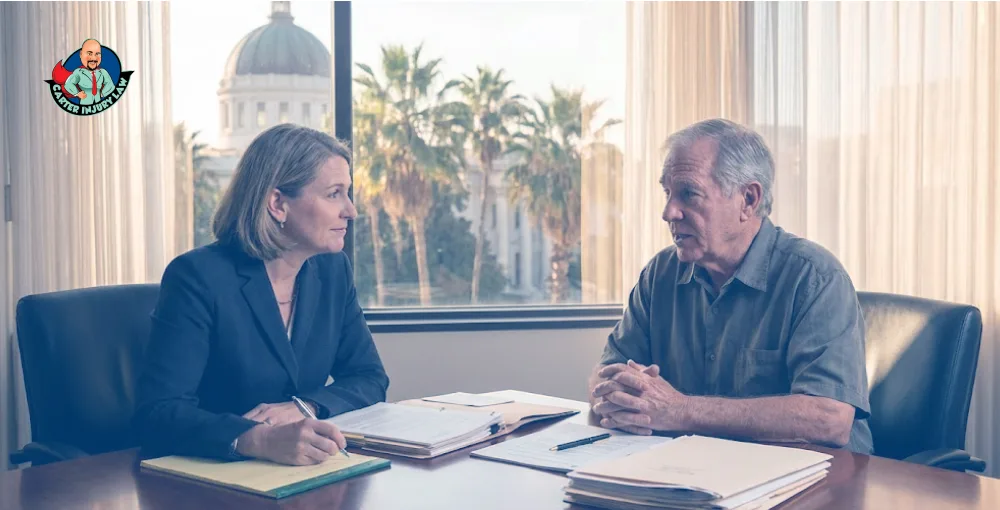Reaching a settlement in a wrongful death case can feel like a long-awaited step toward closure after unimaginable loss. For many Florida families, that sense of relief is quickly followed by a practical, pressing question,“How long will it take before we actually receive the settlement funds?”
It’s not just about money. It’s about stability, finality, and the ability to take the next step forward, emotionally and financially. And while settling the case may bring a degree of resolution, it doesn’t always mean the payment will arrive right away.
So, what causes the delay between a signed settlement and a check in your hands? Let’s take a closer look.
1) How Long Does It Usually Take to Get Paid After a Wrongful Death Settlement in Florida?
Once a wrongful death settlement is reached, most families expect a swift resolution. However, in Florida, the average time to receive funds typically ranges between 30 to 90 days, and that’s under relatively smooth circumstances.
The timing largely depends on the complexity of the case and what must happen behind the scenes before funds can be disbursed. While it’s true that
“Most insurance companies issue settlement checks within 30 days of receiving a signed release“
Source: Florida Department of Financial Services
That’s only one step in a multi-layered process. In straightforward cases where there are no disputes, no minor beneficiaries, and no probate (the court process) required, the timeline can move fairly quickly.
For example, if the deceased had a clear estate plan, there are no medical or funeral liens to resolve, and all parties agree on the distribution of funds, beneficiaries might receive payment within 4 to 6 weeks after finalizing the settlement.
On the other hand, in situations where delays are expected, cases that involve probate court proceedings. Such as when there’s no will, multiple heirs, or disputes, the process can take several months, especially if the court must approve the settlement or appoint a personal representative.
Additionally, unresolved medical liens or funeral costs can also delay payment, as these must be satisfied before any funds are distributed.
2) What Happens Behind the Scenes Before You Receive the Funds
After a wrongful death settlement is reached, payment isn’t immediate. First, the release agreement must be signed by the appropriate parties and returned to the insurance company. Once received, insurance typically issues the settlement check within 20 to 30 days.
The funds are then deposited into the attorney’s trust account, where they remain until all obligations are resolved. This includes attorney fees, court costs, and any liens, such as medical bills or government claims, that must be paid before distributing the remaining amount to beneficiaries.
Resolving liens can sometimes cause delays, especially if negotiations or government approvals are needed.
“If there are no court proceedings involved and no minors among the beneficiaries, the net settlement is often paid out within 45 days of signing the release.”
Source: Florida Statutes §768.25.
While this process may seem slow, it ensures that all legal and financial responsibilities are met before families receive their settlement funds.
3) When Probate Is Required in Florida Wrongful Death Cases
In Florida, probate, aka court proceeding, is required when wrongful death settlement funds are paid to the estate, typically when there’s no named beneficiary or the damages include lost earnings. These funds must go through probate before heirs can receive their share.
Florida offers two types of probate. One is summary administration. Another one is formal administration. Summary administration is available for smaller estates (under $75,000 in non-exempt assets) or when the decedent has been deceased for more than two years.
However, most wrongful death cases involving larger settlements require formal administration, which typically takes 6 to 10 months, or longer depending on the situation. If disputes arise, such as challenges to the will or disagreements among heirs, the process can take even longer.
A personal representative, also known as the executor, plays a central role in this process. They are appointed by the court to manage the estate, file necessary documents, notify creditors, resolve any debts, and ultimately distribute the settlement according to Florida law or the decedent’s will. Without a designated personal representative, or if beneficiaries contest the appointment, the process can stall early on.
That's why early estate planning is especially super important in wrongful death cases. When there’s a valid will in place and a personal representative is named, it gives the legal process a clear path to follow. Without that structure, families may face avoidable delays and complications, just when they’re hoping for resolution.
4) Factors That Can Delay Your Wrongful Death Settlement Payment
Even after a wrongful death settlement is finalized, legal and administrative steps can delay payment until required conditions are met. These delays are common and often unavoidable.
A common cause of delay is outstanding medical or funeral liens. Providers or programs like Medicare may claim part of the settlement, and these must be resolved before any funds are released.
Court approval can also delay payment, especially when minors or incapacitated individuals are involved. Florida law requires judicial review to protect their interests, which can add weeks or even months to the process.
Disputes between heirs may also slow things down. If multiple heirs disagree on how to divide the settlement, it often requires court intervention. Likewise, without a court-appointed personal representative, the funds can’t be properly received or distributed.
Additionally, delays in estate administration, such as locating beneficiaries, gathering required documentation, or opening a probate case, can further complicate matters.
While some delays are unavoidable, many can be prevented with early guidance from an experienced wrongful death attorney. An attorney can help families receive their compensation as promptly as the law allows.
More Relevant Blogs You May Find Useful:
Will You Go to Court After a Car Accident?
How Long Will Your Personal Injury Case Take? Carter Injury Law Reveals the Truth
How Carter Injury Law Helps Families Avoid Delays and Move Forward
We know that after the loss of a loved one, every step forward can feel uncertain. Settling the case is one thing, but making sure you actually receive the funds without delay is another. That’s why we come with every legal support you need.
Our team works behind the scenes to protect your rights. We can handle liens, probate, and legal details so you can focus on healing and moving forward.
Whether your case involves multiple beneficiaries, court approval, or estate administration, we’re ready to manage the details with precision and care.
We also believe in keeping things simple and honest. You won’t be left wondering what’s going on; we stay in touch. Explain the process in plain language and give you a clear path forward.
If you’ve suffered a loss and aren’t sure where to begin, the best thing you can do is ask. A simple conversation can make the difference between recovery and regret. So, let’s talk. Carter Injury Law is here to help you figure that out. Call us today at 813-922-0228 for a free case review or visit carterinjurylaw.com. Let’s find out how much time you have before it slips away.












